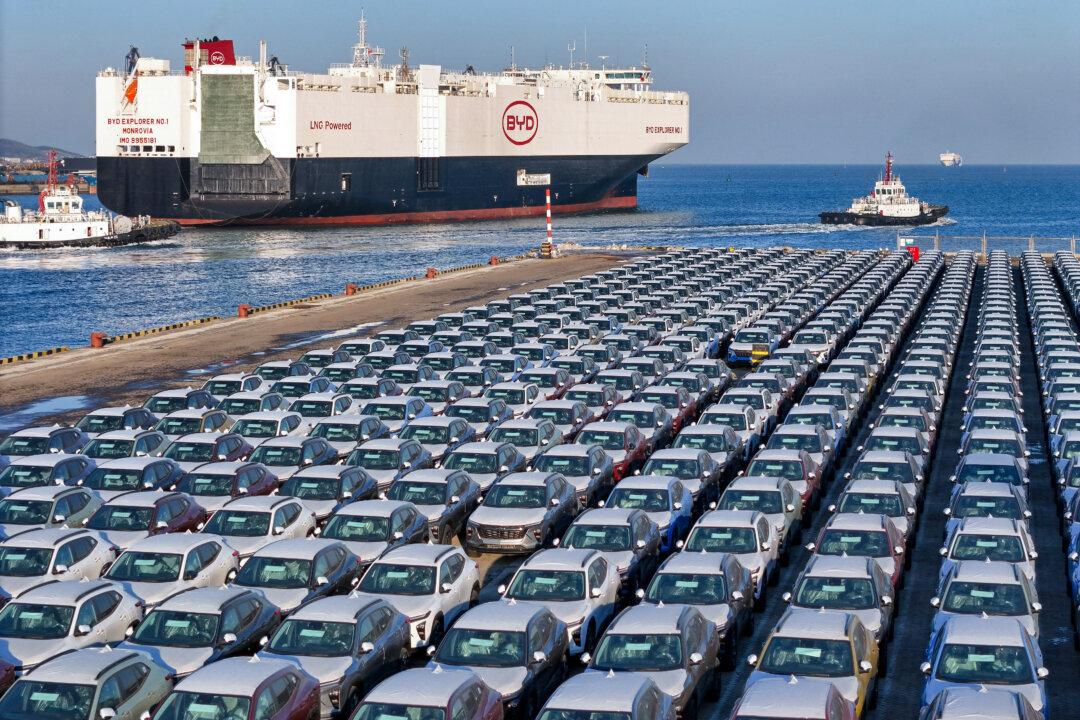WASHINGTON—The House has passed a bill to block consumer tax credits for electric vehicles (EV) with batteries that involve Chinese entities in the supply chain.
The legislation is the last of the Republican-led “China Week” that started on Sept. 9. During the week, the House passed 28 China-related bills focused on addressing the threat to the United States posed by the Chinese Communist Party (CCP) in two areas: technology and influence.



